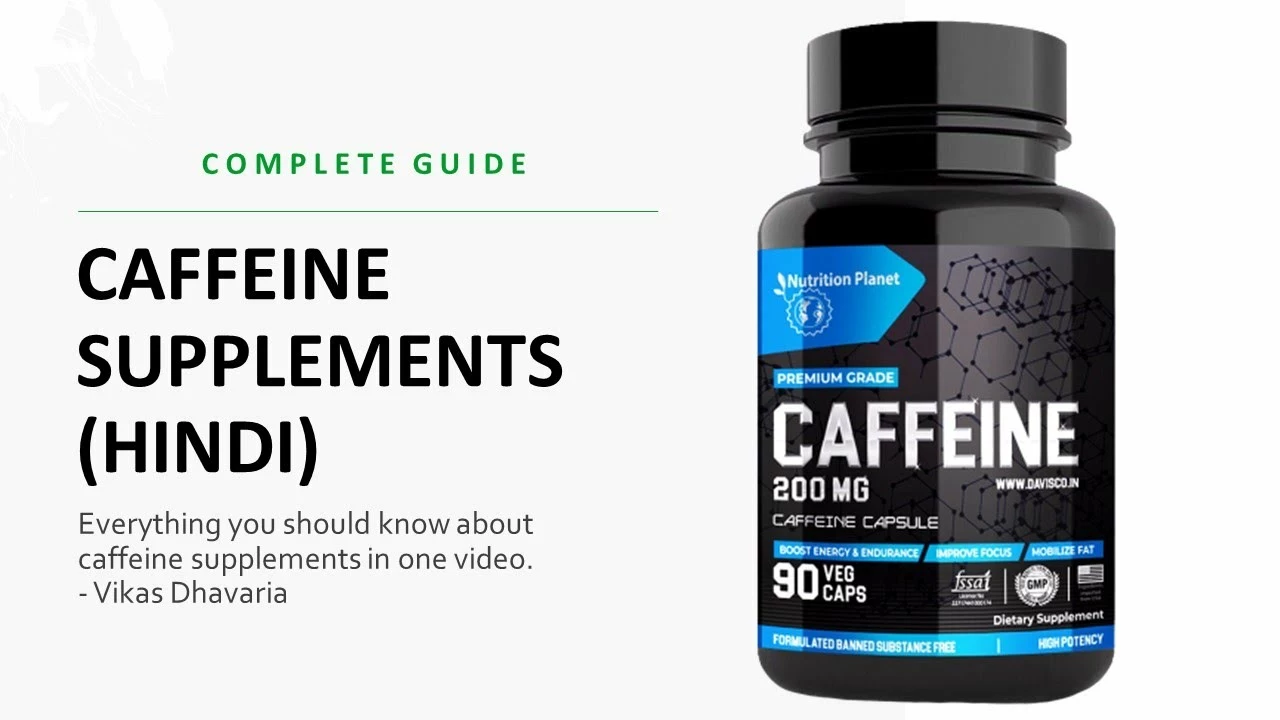Dietary Supplement: How to Choose Safe, Effective Options
Dietary supplements can help fill gaps in your diet, support recovery, or ease specific symptoms. But they are not magic pills. Know what they can and cannot do before you buy.
First, check the label. Look for active ingredient amounts, serving size, and other ingredients like fillers or artificial colors. Choose supplements that list exact doses instead of vague terms like "proprietary blend." If a product promises dramatic results overnight, it's probably overhyped.
Safety and interactions
Supplements can interact with prescription drugs. For example, St. John's wort lowers levels of several medicines, and high-dose vitamin K can affect blood thinners. Tell your doctor and pharmacist everything you take, including herbs, multivitamins, and protein powders. If you have a chronic condition or are pregnant, avoid starting new supplements without medical advice.
Choosing quality products
Look for third-party testing from organizations like USP, NSF, or ConsumerLab. These seals mean the product was tested for contaminants and that it contains what the label claims. Buy from reputable brands and avoid products with too many exotic ingredients. Simpler formulas are usually easier to evaluate and safer.
Check the evidence. Some supplements have strong research behind them, such as omega-3s for certain heart conditions, vitamin D for deficiency, and folic acid for pregnancy. Others have weak or mixed evidence. Search for randomized trials or meta-analyses rather than relying on marketing claims or celebrity endorsements.
Watch your dose. More is not always better. Fat-soluble vitamins like A, D, E, and K can build up and cause harm at high doses. Minerals like iron and zinc can cause stomach upset or interact with other nutrients. Follow label directions and your provider's advice.
Think about timing and form. Some nutrients absorb better with food, like vitamin D and omega-3s. Others work better taken away from meals. Liquid, chewable, and capsule forms can differ in absorption and convenience. Pick the form you will actually take consistently.
Report side effects. If you notice new symptoms after starting a supplement, such as headaches, stomach problems, rashes, or changes in mood, stop it and talk to a healthcare professional. Keep the bottle handy so you can show the exact product and dose.
Cost matters. Higher price does not always mean higher quality. Compare labels, check third-party testing, and read reviews from verified buyers. Avoid buying from unknown sellers on social media or marketplaces without return policies.
Use supplements to support, not replace, healthy habits. Prioritize a balanced diet, sleep, stress management, and exercise. Supplements work best when paired with good daily habits.
Common helpful supplements include vitamin D, omega-3 fish oil, and a daily multivitamin if your diet lacks variety. Probiotics may help some people with gut issues but strains matter. If you want a personalized plan, ask a registered dietitian or your doctor for a short review of your diet and supplements. They can check doses, interactions, and whether testing makes sense. Start small, track results, and adjust as needed regularly.




